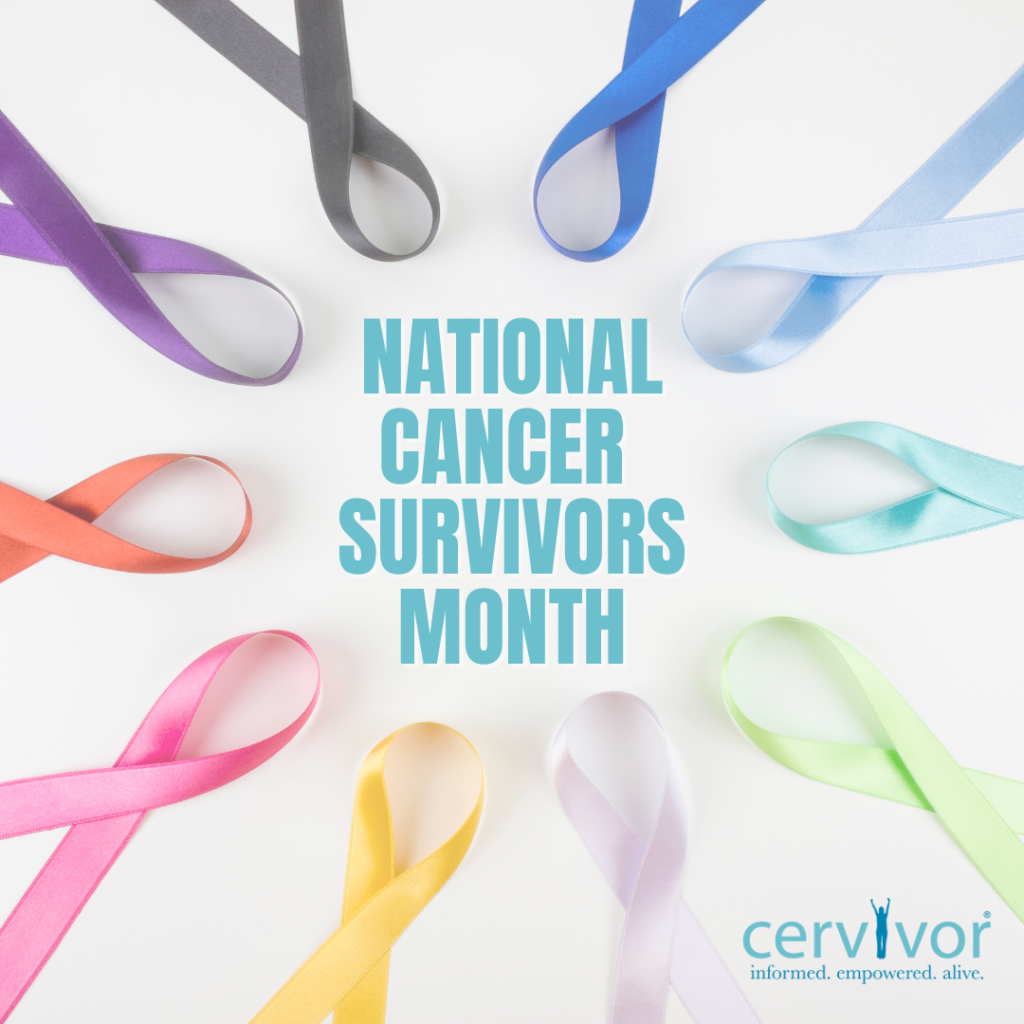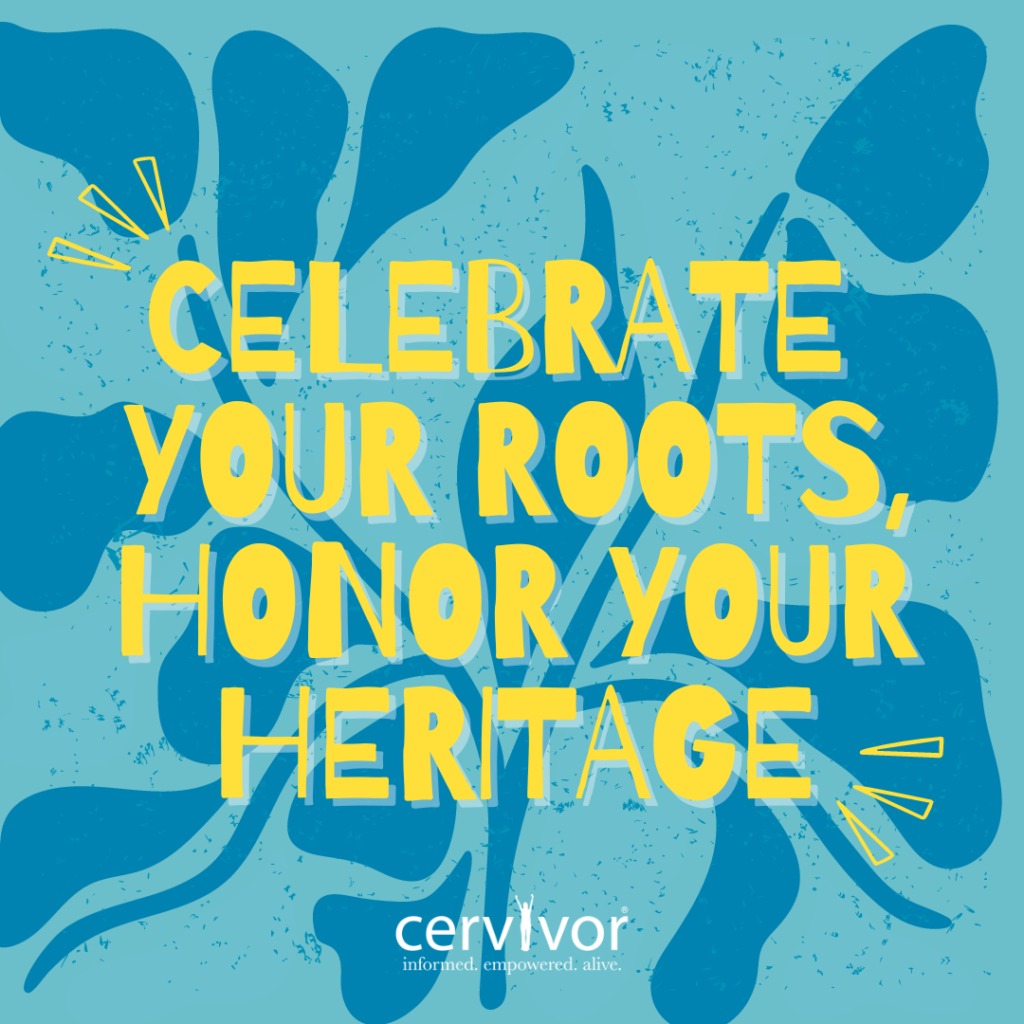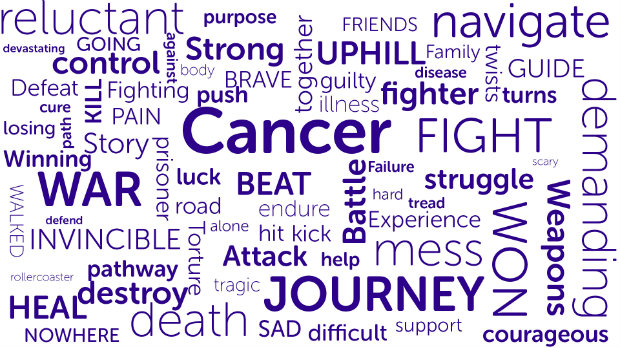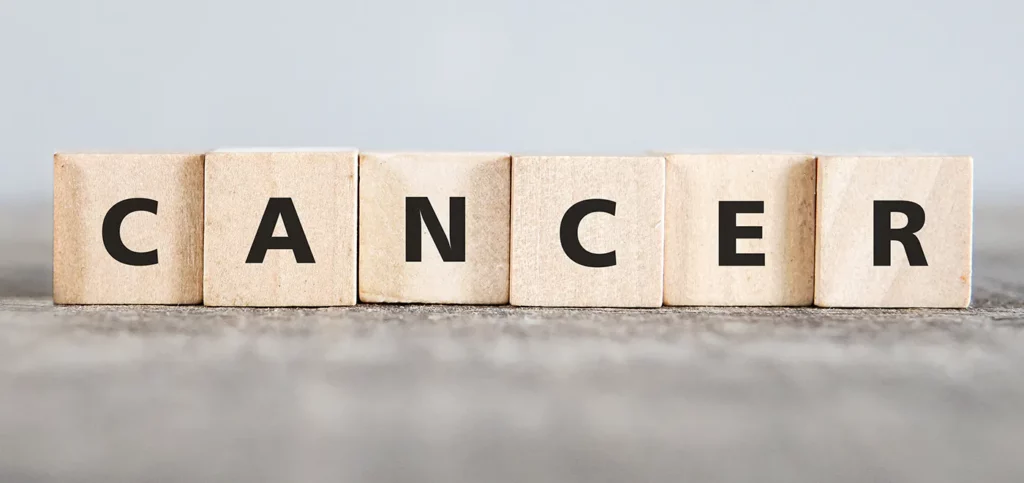As June dawns upon us, it brings with it a vast spectrum of significance to our community, weaving together the threads of awareness, diversity, resilience, and celebration. This month, we commemorate not just one, but three vital observances: National Cancer Survivors Month, Caribbean Heritage Month, and Pride Month. The community at Cervivor embraces the intersectionality of these occasions and honors the strength, courage, and vibrancy of those who embody their spirit. Read along with us as we navigate each thread.

National Cancer Survivors Month serves as a reminder of the estimated 20 million worldwide who have confronted the harrowing journey of cancer diagnosis and treatment. It’s a time to celebrate the resilience of survivors, who navigate through the storm of uncertainty with unwavering resolve. Each survivor’s story is a testament to strength, reminding us that hope can thrive even in the face of adversity.

Within the realm of cancer survivors, there exists a rich diversity, reflective of the world’s cultures and identities. This June, we also celebrate Caribbean Heritage Month, paying homage to the vibrant traditions, flavors, and rhythms of the Caribbean diaspora. From the sun-kissed beaches to the pulsating beats of Calypso and Reggae, the Caribbean exudes a spirit of resilience ingrained in its history of triumph over adversity. In honoring Caribbean heritage, we recognize the strength and unity cultivated by communities in the face of challenges, a resilience mirrored in the journey of cancer survivors.
Moreover, as we embrace the mosaic of identities that enrich our world, we also commemorate Pride Month, a time to celebrate the LGBTQIA+ community’s courage, diversity, and resilience. LGBTQIA+ individuals facing cancer diagnoses often navigate unique challenges, from concerns about discrimination in healthcare to seeking inclusive support networks. Pride Month serves as a crucial time for visibility and acceptance, creating a culture of empowerment, inclusivity, and support for all those affected by cancer, regardless of sexual orientation or gender identity.

At Cervivor, we understand the power of community, support, and solidarity in the face of adversity. Our mission transcends borders and boundaries, embracing individuals from all walks of life, united by the shared experience of cervical cancer. Through advocacy, education, and support, we strive to empower survivors, caregivers, and allies to navigate their journey with courage and resilience.
As we reflect on the significance of National Cancer Survivors Month, Caribbean Heritage Month, and Pride Month, let us honor the resilience, diversity, and strength that define our collective human experience. Together, we stand as a testament to the indomitable spirit of the human soul, capable of overcoming even the darkest of storms with unwavering grace and resilience.
For more content, follow the main Cervivor pages across our social media platforms here.

